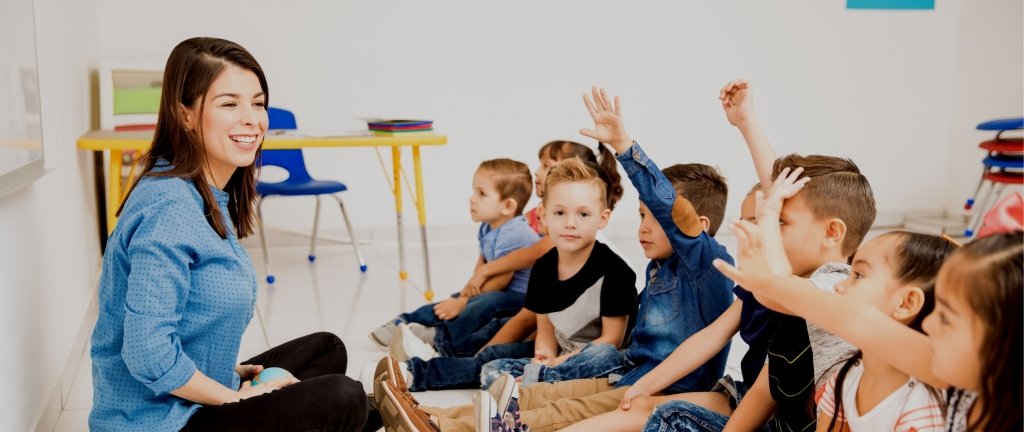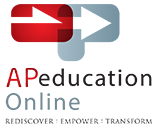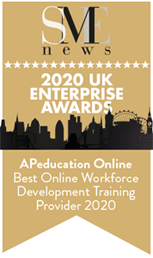Level 2 Award in An Introduction to Neuroscience in Early Years
This OFQUAL recognised qualification aims to provide an introduction to the early development of the brain in babies and young children from birth to 7 years of age. It looks at how the social brain develops, the limbic system and self-regulation.
This qualification is suitable for learners aged 16 or above who are interested in working in the Early Years sector. No previous experience of working in an Early Years setting is required.
Learners do not need to have previous experience or qualifications in working with children to undertake this qualification.
Aims of the course
These are to:
- Focus on the study of neuroscience in Early Years
- Understand neurons, synaptogenesis and how the social brain develops.
- Understand how the social brain develops
- Offer breadth and depth of study, incorporating a key core of knowledge
- Understand self-regulation and the factors that can affect its development.
- Understand types of stress and adverse childhood experiences.
- Distinguish between behaviourist and relational approaches to behaviour management.
- Provide knowledge for those seeking employment in the Early Years sector.
- Develop employability skills
Objectives of the course
The objectives of these qualifications are to:
- Enable you to gain an understanding of neuroscience in Early Years
- Enable you to progress to further and higher education
- Support the Practitioner role in the workplace.
Structure
The units for this programme have been selected to offer learners the best opportunities for progression both academically and professionally. In order to achieve the Level 2 Award in An Introduction to Neuroscience in Early Years, learners need to successfully complete 2 mandatory units.
The units are:
- Understanding neuroscience in Early Years
- Understanding self-regulation and how to nurture this in children from birth to seven years
How the course is delivered
This Level 2 Award in An Introduction to Neuroscience in Early Years is delivered via a Virtual Learning Environment (VLE) which provides access to case studies, learning materials and activities, presentations and web links. Online tutor support and guidance is provided throughout the course, where learners can interact with the tutors, get feedback on their progress and submit their work electronically. This helps you to build the relevant skills progressively, as you receive feedback and support from your tutor during this time. As the course is delivered online, this enables learners to study any time, any place through immediate access to VLE.
Assessment
All units will be internally assessed using a range of methods. Knowledge-based outcomes can be assessed using non-mandatory assessment tasks. Skills-based outcomes must be achieved with reference to a real work environment and must include direct observation within the workplace.
Opportunities For Progression
Learners could progress to the following qualifications:
- Level 2 Diploma for the Early Years Practitioner
- Level 3 Certificate in Preparing to Work in Early Years Education and Care
Career Opportunities
This qualification doesn’t lead to a specific job role but it provides continued professional development of new knowledge and skills and supports the Practitioner role in the workplace. Also, when undertaken in conjunction with our Level 2 Diploma for the Early Years Practitioner, it provides an overall package that allows for further progression in the Early Years sector.



